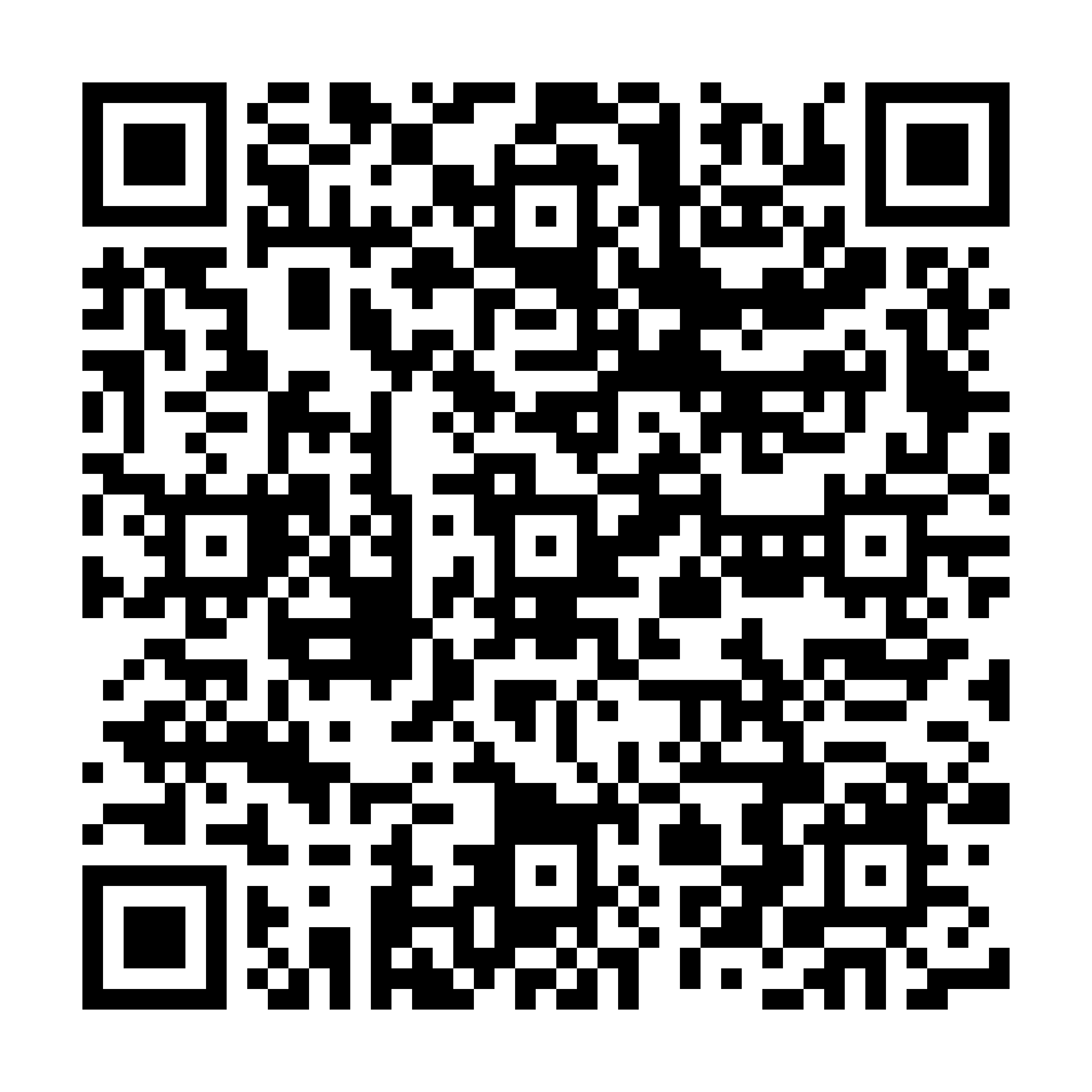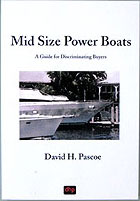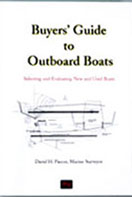Chapter 3
Excerpt
This chapter deals with the nature of evidence in depth, even though it is recognized that in the majority of routine cases, evidence is simple and clear cut. Yet there are always those cases where nothing is ever simple, and questions seem to revolve around everything.
The investigator needs to be well prepared for these difficult cases and the myriad problems that arise from them. The inexperienced might wonder why I make such a big deal about evidence, but will come to a greater understanding when he reconsiders what an investigation involving a fatality, serious injuries, or major monetary damages is really like. Such cases become big money issues where the battles get intense and the rules of legal warfare are stretched to the limits.
Make no mistake, such cases are battles, and if we, the foot soldiers of these legal wars are insufficiently trained, we are very likely to become casualties ourselves. Evidence is the basis of our work product, so we need to be sure that we understand its nature thoroughly.
There are two primary types of evidence, physical and oral. Oral evidence is that which is observed and related by a witness, and among investigators of all sorts it is considered the least reliable owing to the vagaries of human nature. Observation and memory are rarely ever completely accurate.
Two persons are unlikely to view the same event and then recount it exactly the same. This is due to the fact that all events and objects are not seen as they truly are, or even from the same physical position, but are filtered through the mind and edited by personal experience, beliefs and bias. Thus it is possible for a witness to view an event and then recount it very inaccurately to the point where the recounting is untrue, all the while honestly believing that he is telling the truth. The editing was done in the witness's subconscious without his awareness of it.
Evidence can further be broken down into subcategories, direct and circumstantial. Direct evidence is that which is not arguable because the fact speaks for itself: the bullet found in the body matches the rifling of the gun owned by the accused. This is not to say that direct evidence can't be limited in scope. The bullet found in the body does not prove that the accused shot the victim.
Circumstantial evidence relates to the circumstances surrounding the event. A single bit of circumstantial evidence does not, in and of itself, offer proof. But it is a common misunderstanding resulting from a well-worn cliché that circumstantial evidence is inherently weak.
This is not true, for people are routinely convicted of murder based on circumstantial evidence. This not to say that either circumstantial or direct evidence can't be weak. Circumstantial evidence is defined as evidence that may be inferred from a set of circumstances. In other words, based upon logical reasoning. The muddy boot prints on the floor suggested that the murder was committed during or after the rain.
That is an inference that may or may not be correct, but which may be further corroborated by yet other evidence. The weather service records indicated that the rain ceased at about 9:35 PM and that it had not rained for a weak prior to this. Therefore, it is a more than reasonable inference that the murder occurred after 9:35 PM based on two circumstantial facts. However, circumstantial evidence typically requires a greater preponderance of evidence than direct physical evidence.
Oral evidence, at least in criminal matters, tends to be less reliable than physical evidence for reasons stated above. It is considerably less of a problem in our work, owing mainly to the fact that non criminal matters produce considerably less motivation for witnesses to be biased by virtue of the less critical nature of the event.
However, there is a natural tendency of witnesses to avoid reporting uncomplimentary information about other people to investigators. It is common for witnesses to hedge or edit that which they witness. The good investigator is one who can recognize when a witness is hedging and works to draw out the truth. He learns to listen carefully, recognize inconsistencies, and learns to formulate questions designed to draw out a more accurate retelling.
This is a skill that is only born of experience and effort. The investigator who simply takes statements and accepts witness accounts at face value — in other words, just going through the motions — is doing a disservice in the same way that unmotivated police detectives not infrequently end up charging the wrong person with a crime simply because they did not care enough to work hard to get at the truth.
Obviously, oral evidence is much more difficult to work with and there is a natural tendency of investigators to avoid it and to concentrate on the physical evidence. But physical evidence has its own limitations in that the only story it can tell is that which is deduced or inferred by the investigator or technician.
Once again, such inferences aren't always accurate since all physical evidence is subject to human interpretation. Here we will use common example that is often related in criminal courses because a common homicide is typically less complex than many marine investigations.
(Additional spaces are added for easy screen reading.)
Table of Contents: Chapter Chapter 3
3. The Nature of Evidence 53
Improbable Possibilities 55
The Marine Corollary 56
Taking Physical Evidence 57
Physical Handling 58
Degrees of Proof 59
Closing Loopholes of Doubt 60
Inclusionary/Exclusionary Evidence 60
Selective Evidence 62
What is a Fact? 62
Facts, Opinion and Hearsay 64
Raw and Refined 66
Paper Trails 67
File Records 69
Receipts 69
Documenting Evidence 69
Evidence Handling For Labs 70
Evidence Handling and Storage 71
What Is Not Evidence 72
Boat Owner Discovers Cause 72
Working the Defense Side 73
Other Investigation Reports 73
| Expand Business! |
|---|
| Marine
surveyors: Expand your marine business! Conducting marine investigations can help free you from the limitations of a seasonal business and expand your business opportunities and income. |
| Who Hires? |
| Who
hires marine investigators? In addition to insurance companies, specialist investigators merge their specialized pleasure craft knowledge with investigative abilities for a broad range of clientele. |
| Clientele |
| These
can range from boat owners with serious warranty claim disputes and
faulty repair issues to being hired by lawyers as investigators as
either fact witnesses or expert witnesses. Marine investigators often work for boat owners who are having trouble with insurance claim issues, assisting the boat owner obtain a proper claims settlement. |
by David H. Pascoe
Soft Cover
544 pages
Publisher: D. H. Pascoe & Co., Inc.
Published: 2004
Language: English
ISBN-10:0965649652
ISBN-13: 9780965649650
In Stock
HOME >
David Pascoe - Biography
David Pascoe is a second generation marine surveyor in his family who began his surveying career at age 16 as an apprentice in 1965 as the era of wooden boats was drawing to a close.
Certified by the National Association of Marine Surveyors in 1972, he has conducted over 5,000 pre purchase surveys in addition to having conducted hundreds of boating accident investigations, including fires, sinkings, hull failures and machinery failure analysis.
Over forty years of knowledge and experience are brought to bear in following books. David Pascoe is the author of:
- "Mid Size Power Boats" (2003)
- "Buyers’ Guide to Outboard Boats" (2002)
- "Surveying Fiberglass Power Boats" (2001, 2nd Edition - 2005)
- "Marine Investigations" (2004).
In addition to readers in the United States, boaters and boat industry professionals worldwide from over 70 countries have purchased David Pascoe's books, since introduction of his first book in 2001.
In 2012, David Pascoe has retired from marine surveying business at age 65.
On November 23rd, 2018, David Pascoe has passed away at age 71.





